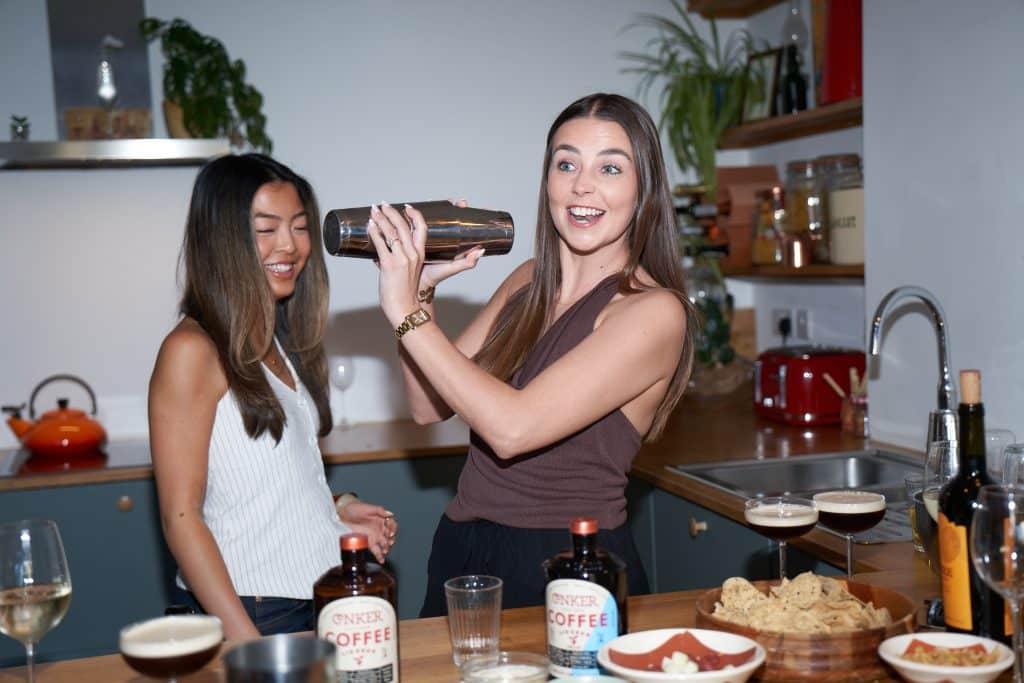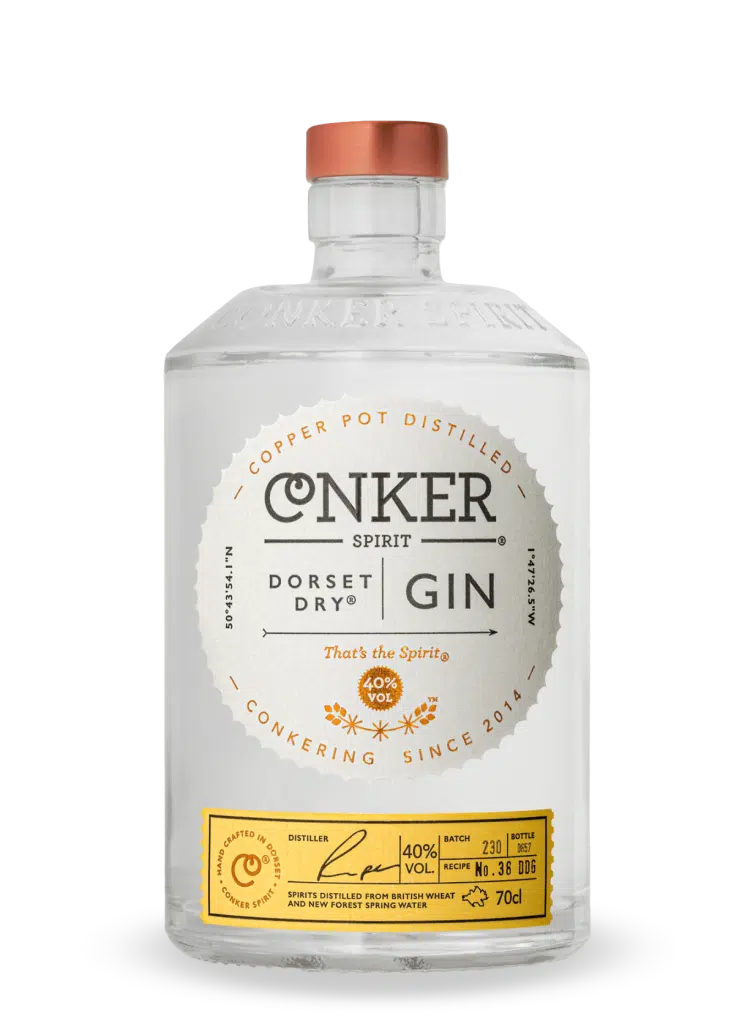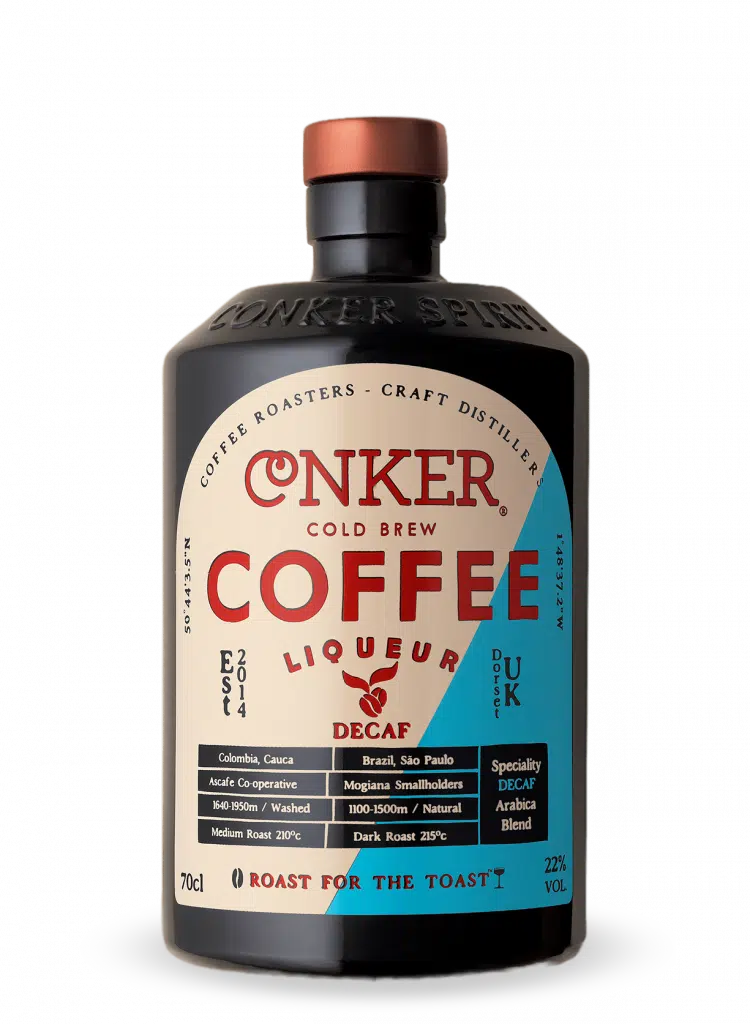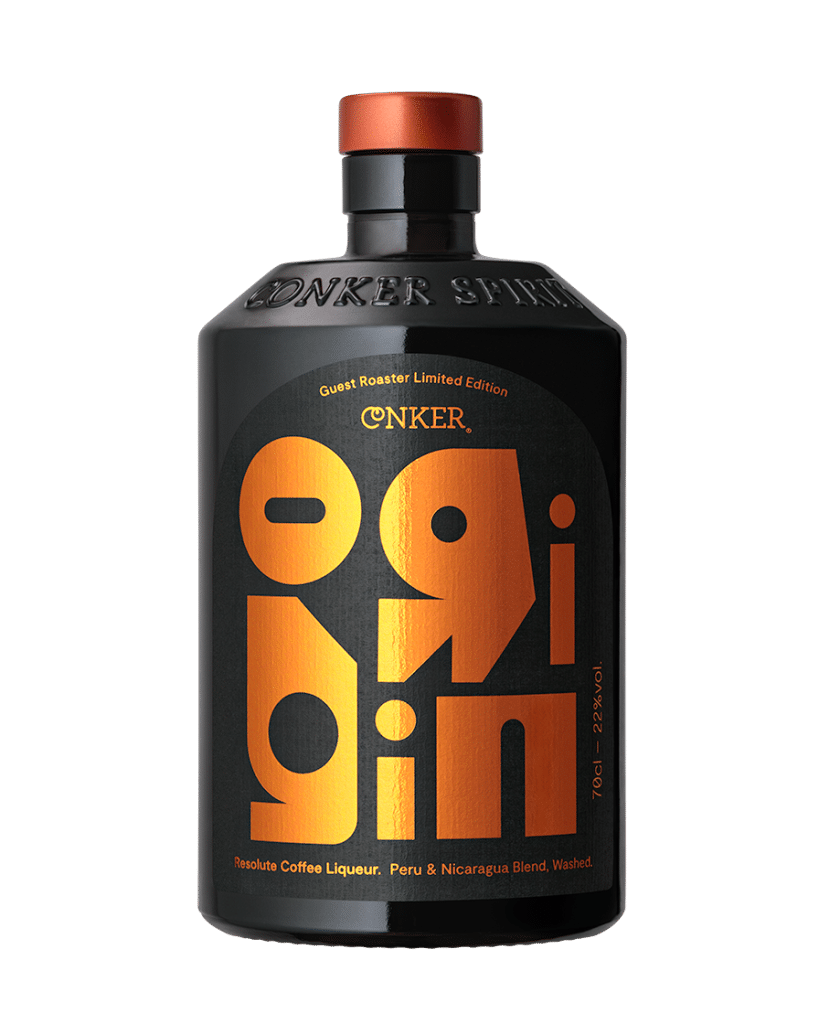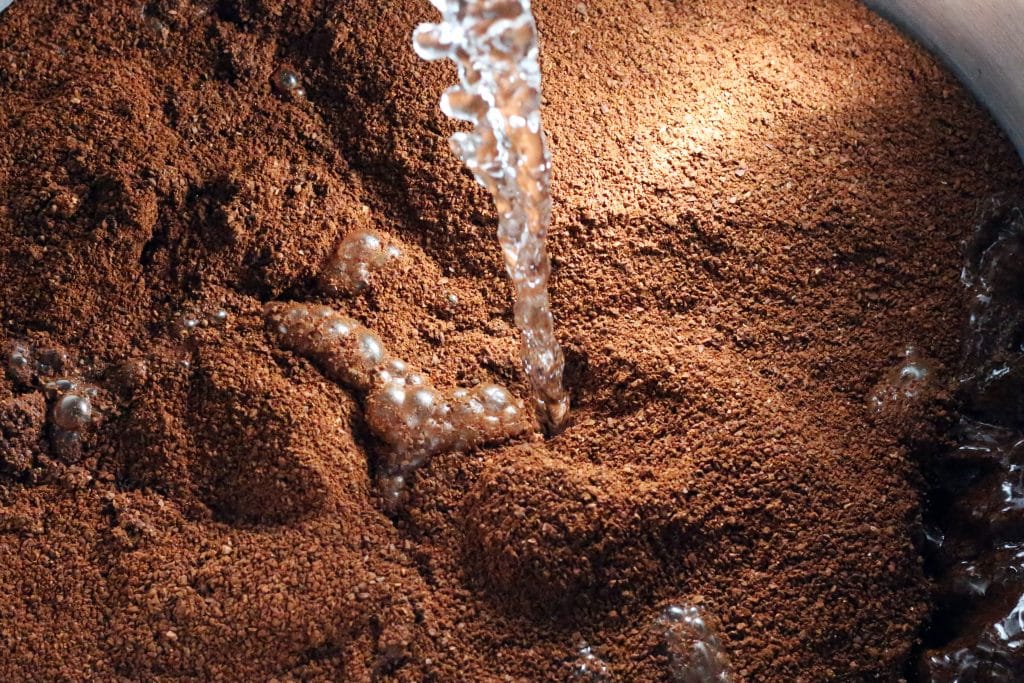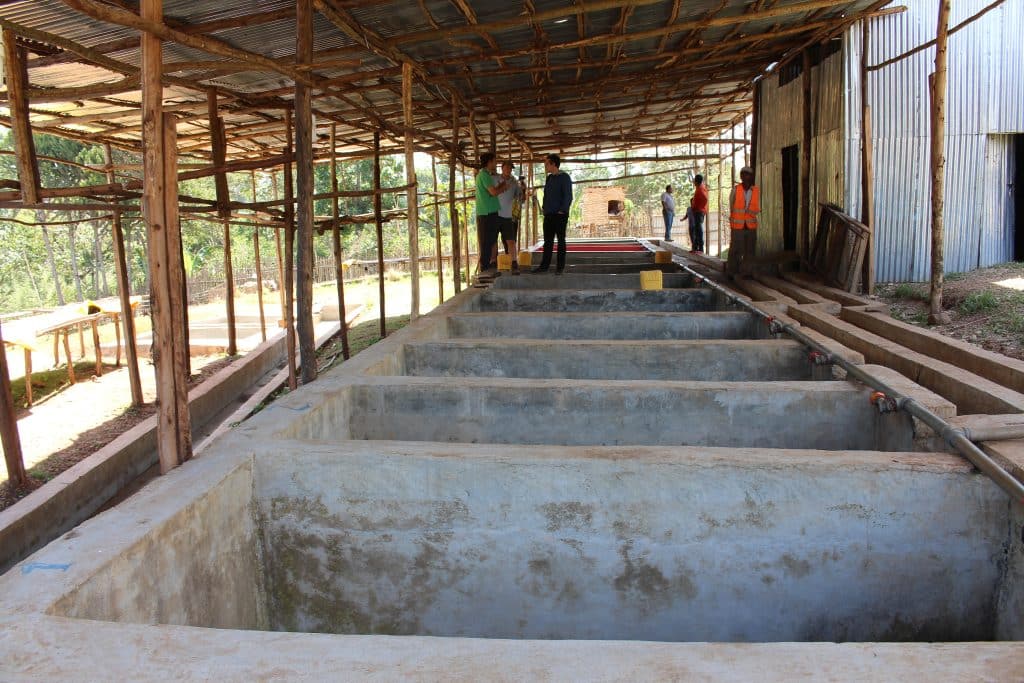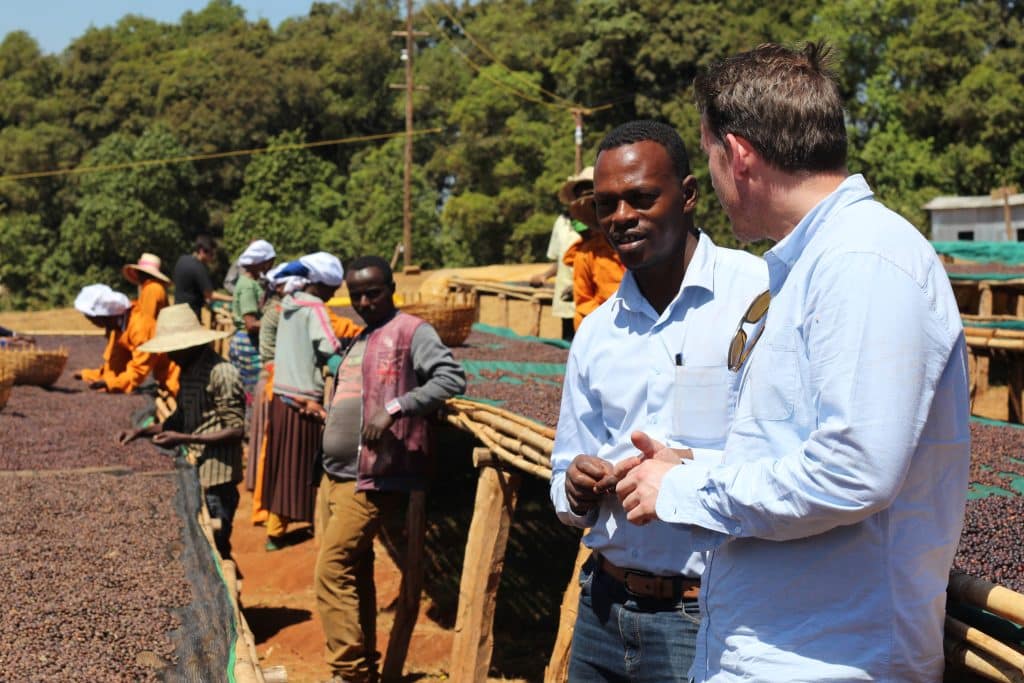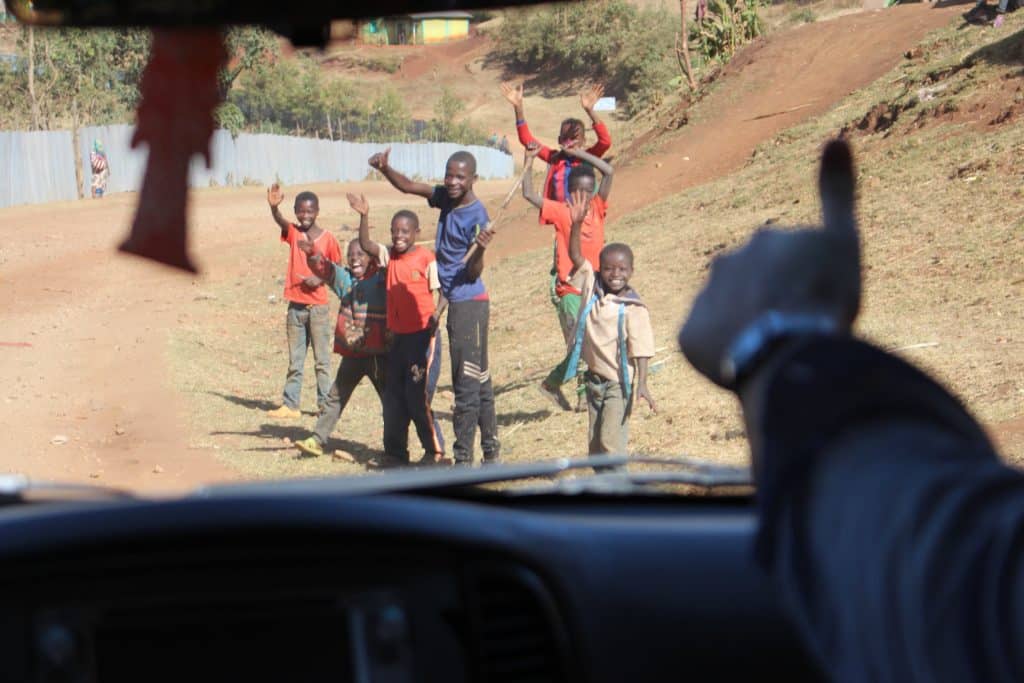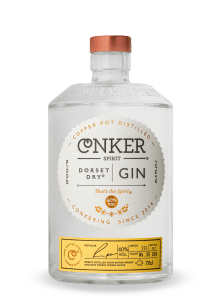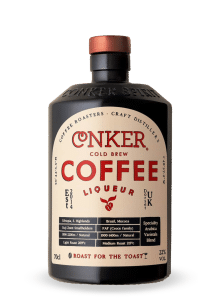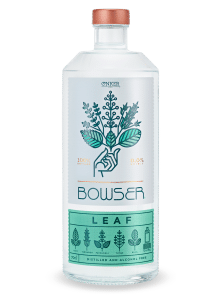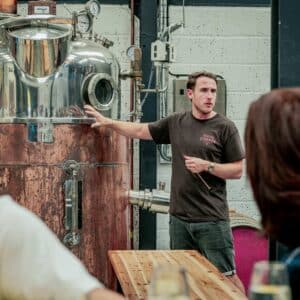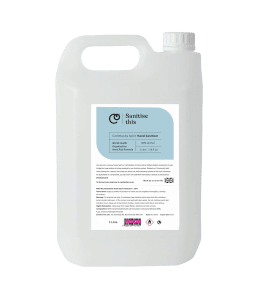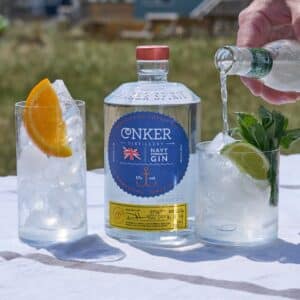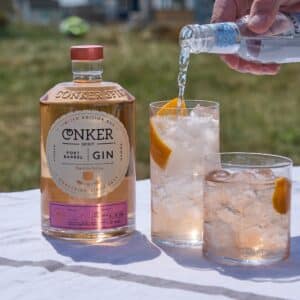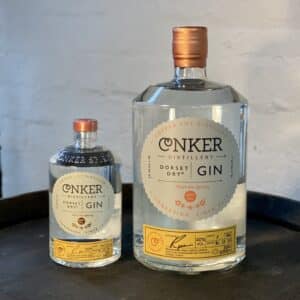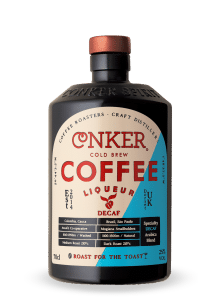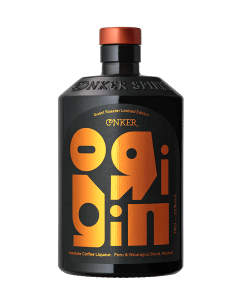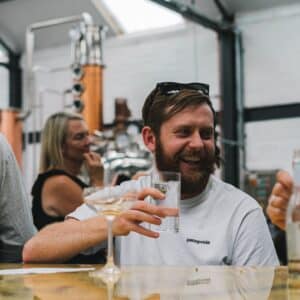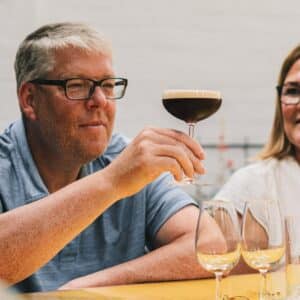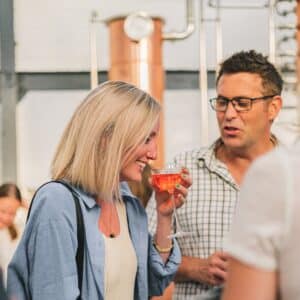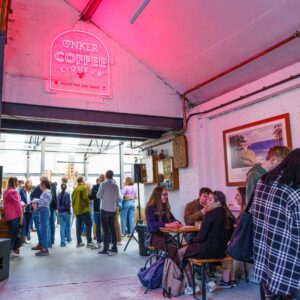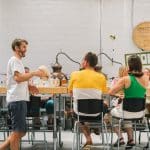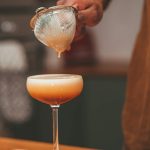Roasted
Speciality
coffees.
Just give it a shake.
Conker Coffee Liqueur IS the espresso in your Espresso Martini.
Shake up delicious Espresso Martinis at home – without the coffee machine
Here’s how…
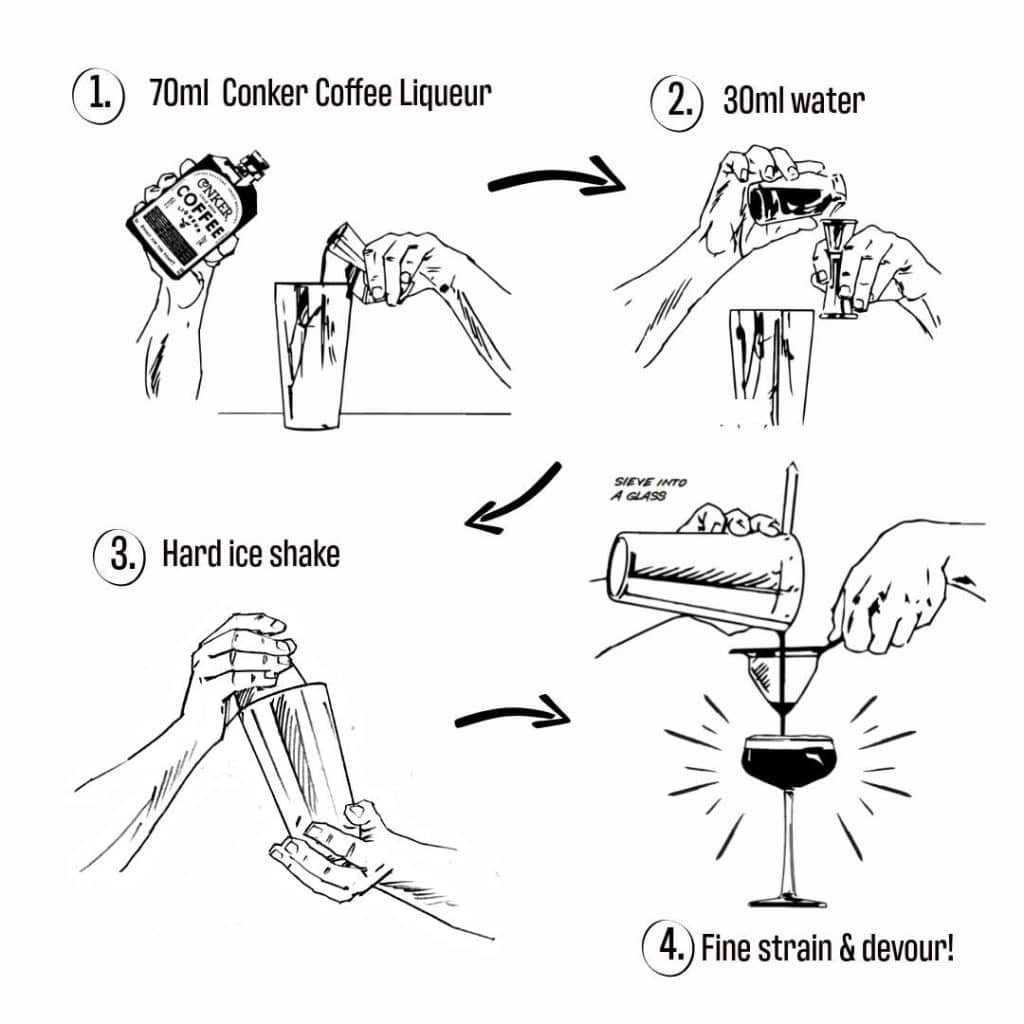
Watch it for yourself...
Conker is the highest awarded Coffee Liqueur in the UK.
”The aroma opens with intense roast coffee notes. On the palate, delectable toffee caramel leads into strong dark chocolate, creating a rich, well-balanced depth, which lingers gorgeously.’‘
IWSC Judges notes
Conker is the highest awarded Coffee Liqueur in the UK.
''The aroma opens with intense roast coffee notes. On the palate, delectable toffee caramel leads into strong dark chocolate, creating a rich, well-balanced depth, which lingers gorgeously.''
IWSC Judges Notes

1 “Best Coffee Liqueur I've tried. Really good coffee and not too sweet. Love it!''
Mike P
2 “So easy to make a delicious espresso martini in very little time and with minimal effor - whats not to like?”
Sian C
3 “Wow this is fantastic- only just opened it and am going to order another one straight away”
Heather G
4 “Absolutely love this product, I can’t have caffeine but I love coffee so to find a decaf coffee liqueur is heaven scent for me. The espresso martinis you can make with this are amazing. A bottle never lasts long in my house 😉”
Helen K
5 “Delicious liqueur, easy-to-make espresso martini with superb head. Nice packaging and good looking bottle, along with good customer service. Highly recommended”
Emma W
Conker Journal
Take a read into the detail of how we handcraft our award winning Conker Coffee Liqueur .
“This liqueur is so packed with coffee beans that it smells exactly like a very dark, very strong mug of freshly brewed coffee. Perfection.”
TASTE LIFE
TOGETHER
We are here to bring people together for more moments of connection and conversation over perfect Espresso Martinis – shaken anywhere.
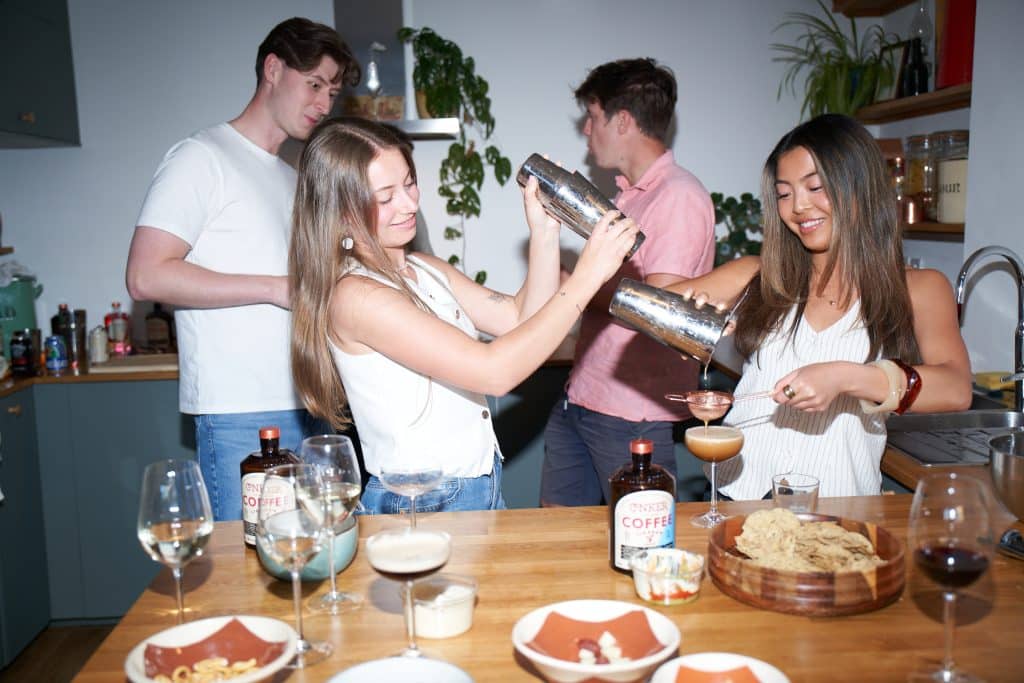
Let the moment take you.
Hang out with the people you love. Be the life and soul. The perfect host. Shake it up!
We bring people together over incredible drinks. We’re the gathering in the kitchen at a party. The late one. The cheeky afterwork one.
Walk your talk.
Do what you say you do. No bull.
We call it ‘Genuine craft’ – everything is handcrafted by us, without compromise.
Authenticity is our lifeblood.
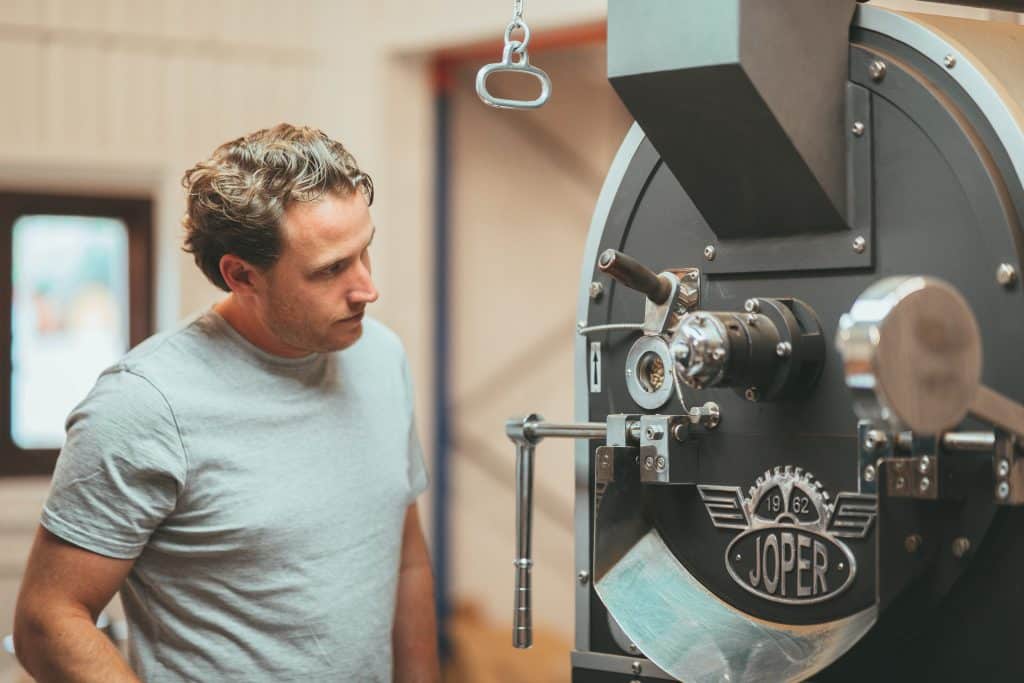
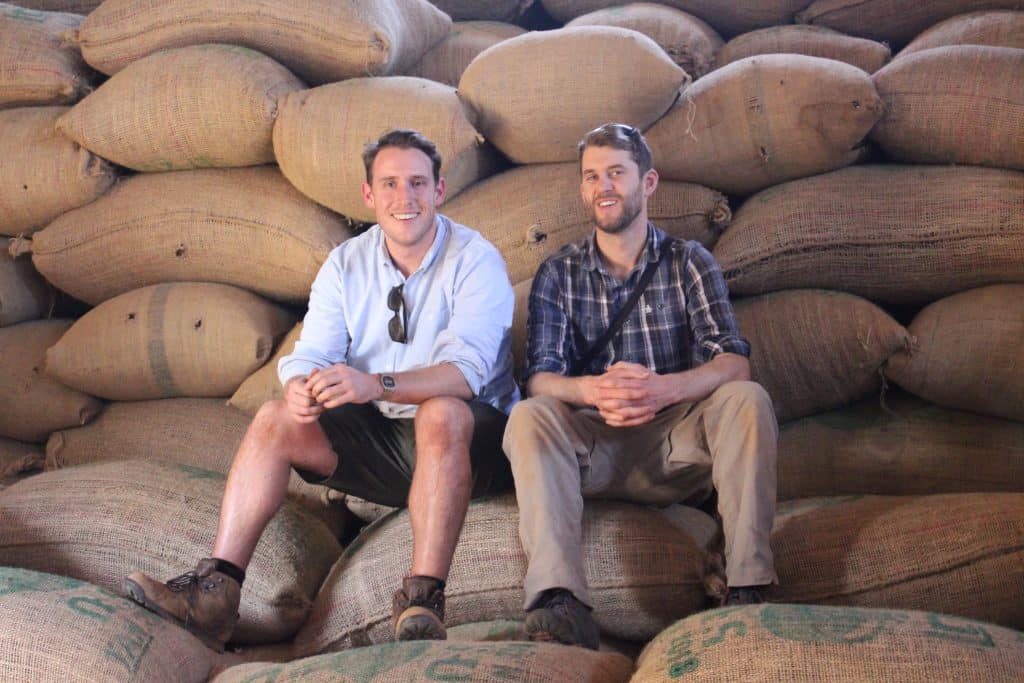
Make the right call.
Do what you believe is right, even when it’s difficult. Don’t be that guy.
We work to create beautiful products that enrich lives and leave a positive mark on the world.
Know who you are and do it on purpose.
(Dolly Parton)
Do what you love doing and throw everything at doing it. Keep it simple and be brilliant.
We obsess the details and deep dive into what makes us tick.
